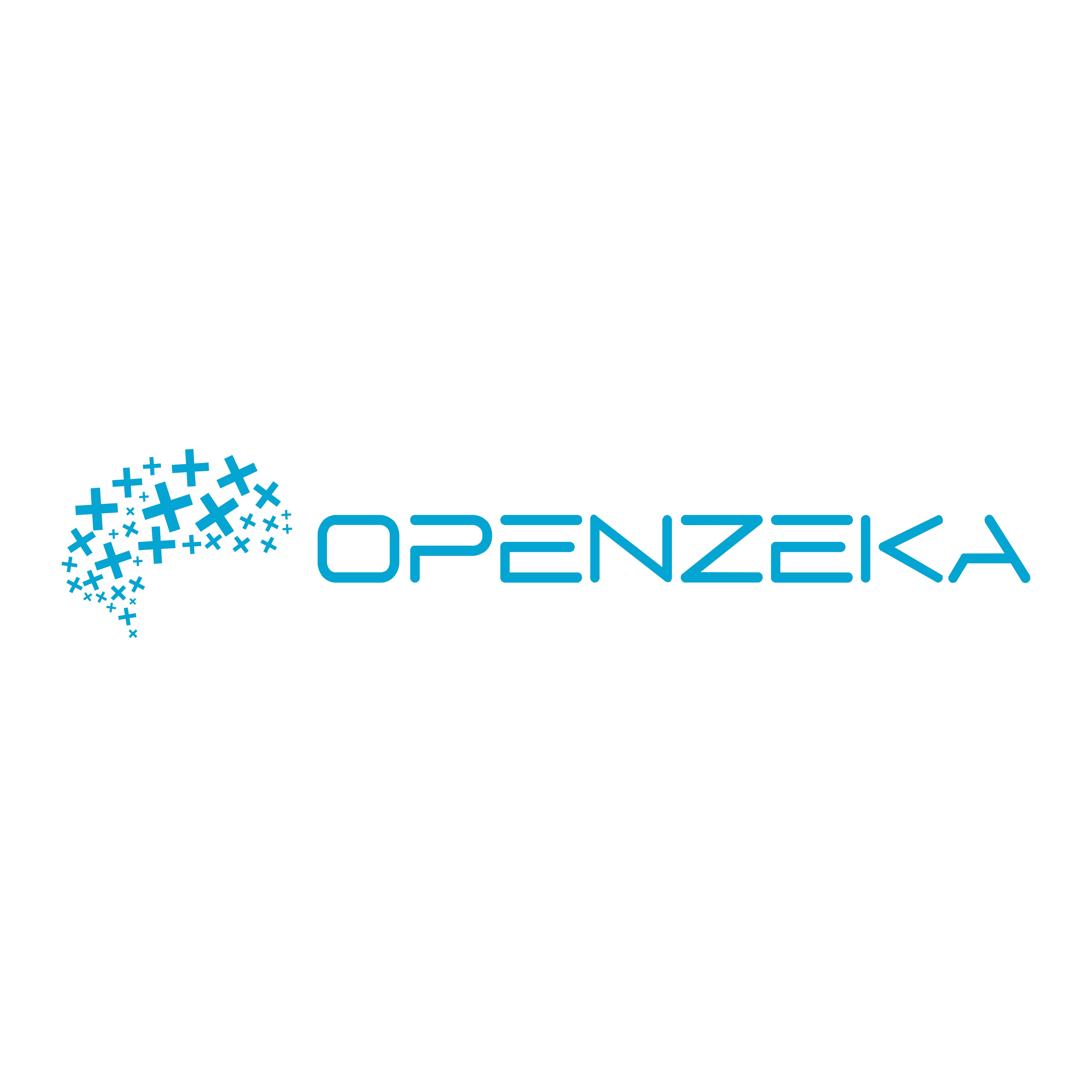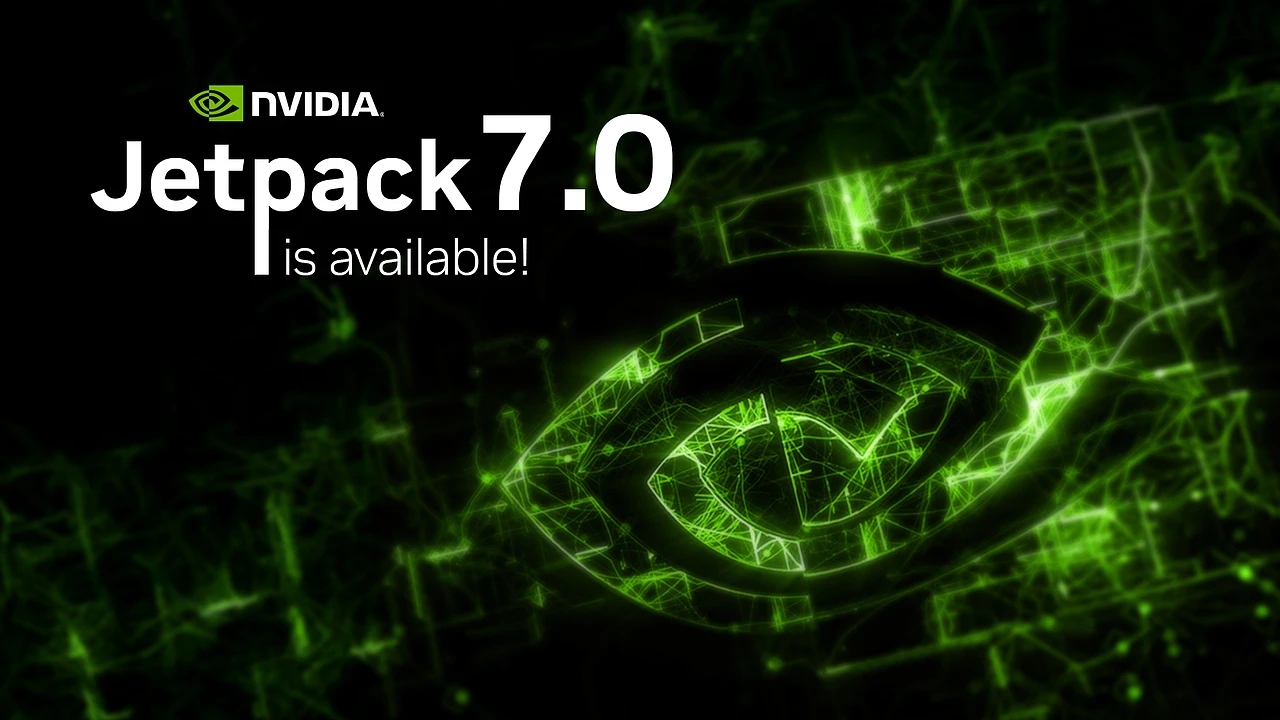NVIDIA has announced the release of JetPack™ 7.0, the latest and most advanced software stack for the Jetson™ platform. Built to enable cutting-edge robotics and generative AI applications at the edge, JetPack 7 delivers an unprecedented foundation for developers building machines that interact with and understand the physical world.
A New Era for AI at the Edge
JetPack 7.0 redefines what’s possible with Jetson by providing ultra-low latency, deterministic performance, and scalable deployment. From humanoid robots to AI systems tackling the most demanding generative workloads, JetPack 7 ensures developers have the right tools and libraries to bring ideas to life.
Key to this release is full support for the NVIDIA Jetson Thor™ platform, featuring groundbreaking performance and next-generation AI capabilities. JetPack 7.0 also introduces:
A preemptable real-time kernel for predictable system responsiveness.
Multi-Instance GPU (MIG) support, maximizing GPU utilization across workloads.
An integrated Holoscan Sensor Bridge, enabling seamless sensor-to-AI pipelines.
Built for the Future: Modern OS and Cloud-Native Design
At its core, JetPack 7 is built on Linux Kernel 6.8 and Ubuntu 24.04 LTS, ensuring long-term stability and compatibility. Its modular, cloud-native architecture integrates the latest NVIDIA AI compute stack, making it easier than ever to align Jetson development with NVIDIA’s broader AI workflows.
For developers, this means seamless interoperability, whether building robotics systems in the lab or deploying generative AI at the edge
Aligning with Industry Standards: SBSA Architecture
JetPack 7 also marks a major milestone in aligning Jetson with industry standards through the Server Base System Architecture (SBSA). By adopting SBSA:
Jetson Thor is now positioned alongside ARM server-class systems.
Developers benefit from stronger OS support, simplified software portability, and smoother enterprise integration.
CUDA 13.0 is now unified across all ARM targets, streamlining development and reducing fragmentation.
This alignment ensures consistency from server-class systems to Jetson Thor, bridging the gap between edge and enterprise AI.
What’s New in Jetson Linux 38.2
JetPack 7.0 is powered by Jetson Linux 38.2, which brings a host of enhancements:
Based on Ubuntu 24.04 LTS and Linux Kernel v6.8 LTS.
Support for the Jetson AGX Thor Developer Kit and Jetson T5000 module.
OpenRM-based stack architecture.
Updated AI compute libraries: CUDA 13, cuDNN 9.12, and TensorRT 10.13.
CoE (CSI over Ethernet) support via the Holoscan Sensor Bridge, enabling plug-and-play with the Eagle Camera Sensor Module LI-VB1940.
Optimized support for CSI/GMSL via Argus and CoE via SIPL Camera API.
NVIDIA-optimized preemptable real-time kernel for deterministic performance.
Supported Hardware
NVIDIA JetPack 7.0 launches with support for the latest Jetson platforms:
Jetson AGX Thor Developer Kit
Jetson T5000
Developers using these devices can immediately take advantage of JetPack 7’s new capabilities for robotics, AI, and sensor-driven applications.
Important Notes for Developers
Manual flashing instructions have been updated due to SBSA architecture adoption—developers should carefully follow the updated guide.
For reinstallation using an ISO, refer to the Getting Started Guide to avoid issues.
Conclusion
With JetPack 7.0, NVIDIA is setting a new standard for AI-powered edge computing. By combining next-generation hardware support, industry-standard architectures, and an updated AI stack, JetPack 7 delivers everything developers need to push the boundaries of robotics and generative AI.
For full technical details, developers should review the Jetson Linux 38.2 release notes.


